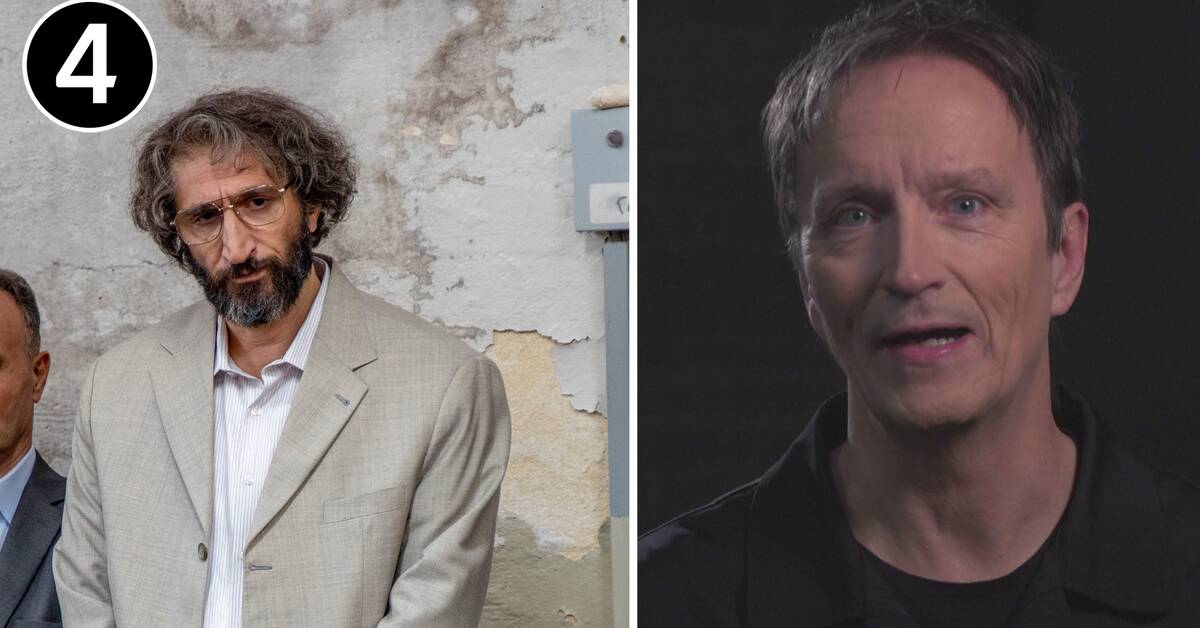There has
already been a lot of buzz about filmmaker Tarik Saleh's latest film, which won the screenplay prize at Cannes this spring, but now it is finally coming to Swedish cinemas.
Just like Saleh's previous award winner "The Nile Hilton incident", here we dive headlong into the dwellings of the Egyptian elite.
Here, too, it is about corruption and the sudden death of evil, but now the religious institutions also get a toss of the cinematic ladle.
"Boy from heaven" is a dynamic mix of film noir and (religious) political drama, not unlike the Umberto Eco film adaptation "The Name of the Rose" (1986), where Sean Connery searches for murderers in a monastery where maliciously scheming monks are not so pious as they want to appear.
Tarik Saleh's script similarly paints a dark picture of the hypocrisy of the exalted.
The grim sentence says that human desires always trump religious precepts.
The main character of the drama
, Adam, is a young fisherman from Vischan whose reading head gives him a scholarship to be able to study to become an imam at the famous Al-Azhar University in Cairo - the absolute power center of the Sunni Muslims in the world.
Shortly after he gets there, however, "the Grand Imam" dies and Adam is drawn into a dirty power struggle between state and church over who will get to step into the prestigious office (which as far as I understand is on a par with the Pope's).
The security services want a president-friendly grand imam, and Colonel Ibrahim (Fares Fares) is tasked with recruiting an informant at a university, and the choice falls on the fragile and easily controlled Adam.
Fares Fares, yes...
he just grows and grows as an actor, here he does his tired colonel with full emphasis, with thick glasses and an aesthetically functional hairstyle.
He would easily qualify as a mad professor in Tintin - it almost becomes a wig parody there for a while but then his good acting takes over.
However, the lead role is thin, we are never let in behind his strangely controlled facade.
Adam is a useful idiot for both the security police and the filmmakers, he is mostly our vehicle into the story.
But this is also a film that focuses more on the political superstructure than on the psychological development of those involved.
It belongs to the genre.
We find the development
instead in Tarik Saleh, who has gone from a skilled Swedish director to an internationally viable filmmaker with a bookshelf full of festival awards.
What impresses the most is how he manages to build believable, complex worlds, on a micro and macro level.
Mainly the former, but he also zooms out to the big picture.
Like in some of the closing scenes where we leave the claustrophobic drama, step out into the street and see thousands of Muslims lying on the ground praying, people who are kept in the dark about the state of affairs but whose lives are affected by what is happening behind the facades of power.
These are powerful and telling images that remain on the retina for a long time.

